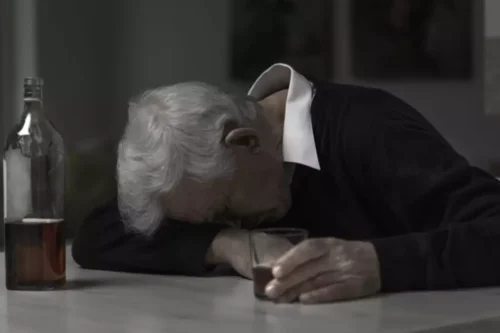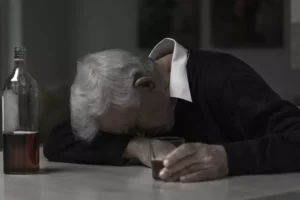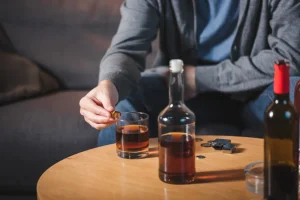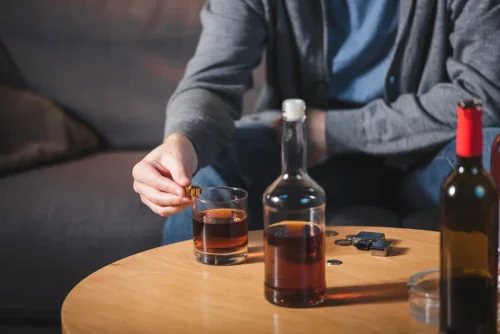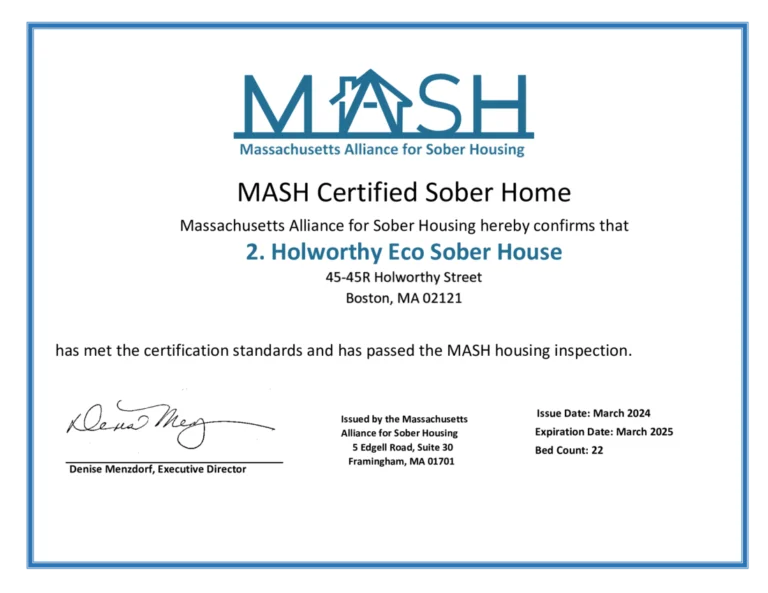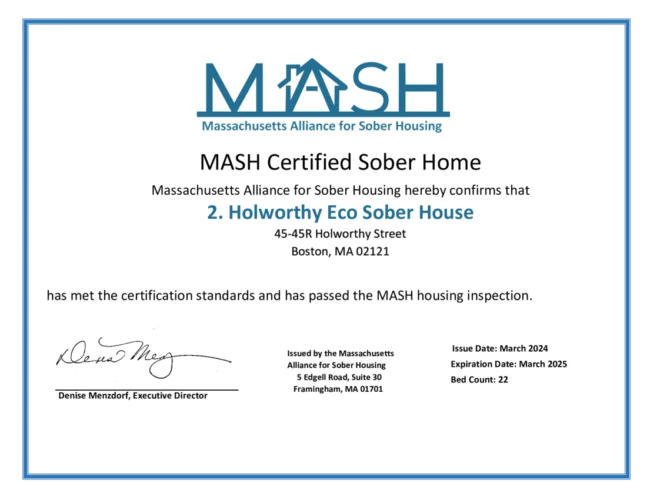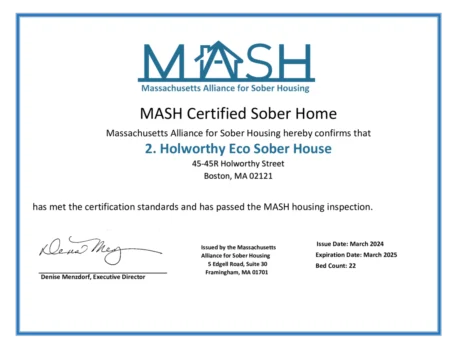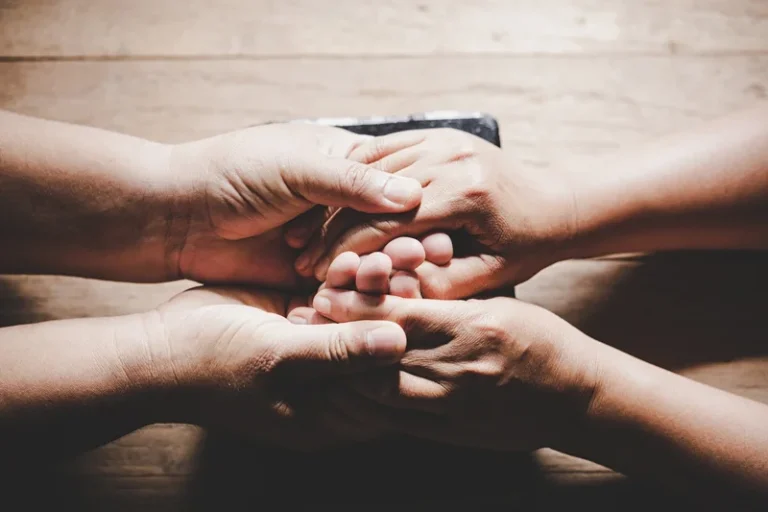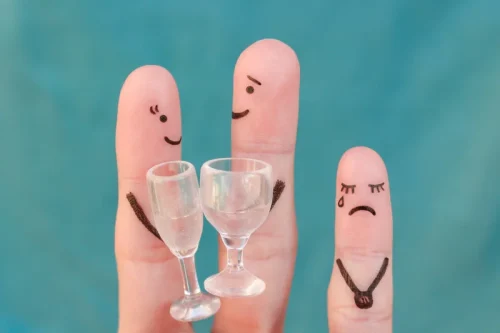
You also have to explore, deeply and honestly, patterns and behaviors in your life that contribute to your alcohol use. Addressing these challenges requires comprehensive treatment that focuses on addressing underlying psychological, emotional, and social factors contributing to dry drunk syndrome. A veteran of two branches of the U.S. military, Max is continuing his education in healthcare administration. Max began his career in the addiction field working as a group facilitator and teacher, developing and delivering a successful faith-based curriculum in a long-term residential treatment setting. After graduating high school, he attended college at the University of Coastal Carolina & Salisbury University. In 2015, Corey was given the opportunity to join Amethyst Recovery Center’s Business Development team.
Dry Drunk Behavior Patterns
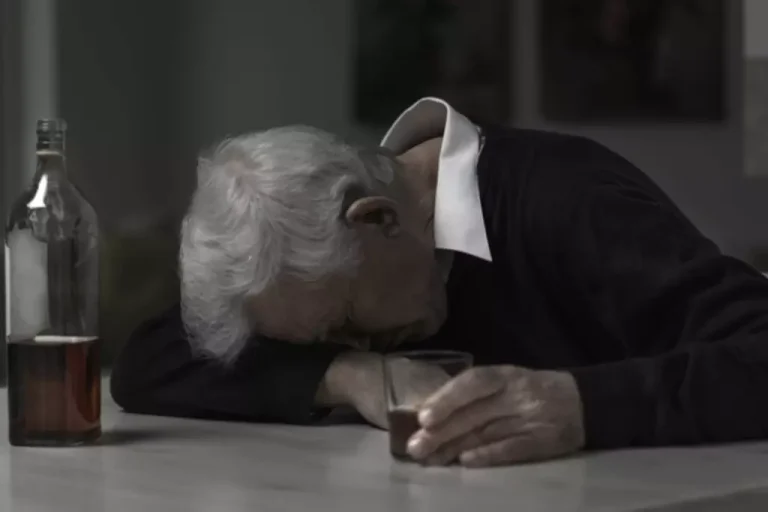
As a licensed clinician, Cheryl stands ready to diagnose and treat a wide spectrum of mental, behavioral, and personality disorders that sometimes present alongside a substance use disorder. Sydney Tubbs is a driven and compassionate Operations Director at The Freedom Center. With a profound understanding of the complexities surrounding addiction, Sydney has dedicated her career to improving the lives of individuals struggling with substance abuse. Her exceptional leadership skills, coupled with her unwavering commitment to delivering high- quality care, have allowed her to successfully oversee the day-to-day operations of a leading addiction treatment facility. With herself and her staff their main goal is to provide a safe, nurturing environment for our clients.
How to support a loved one experiencing these symptoms
- Learning the symptoms of dry drunk syndrome as well as a few strategies to better cope can help you or someone you love to move past this stumbling block toward lasting recovery.
- Following that, you might ask individuals in your immediate vicinity for assistance and support.
- So, it’s not just about putting down the bottle but also confronting past pain and finding healthy ways to cope with life stressors.
- Several factors can contribute to these symptoms, ranging from infections and injuries to metabolic imbalances and poisoning.
- Now that you’re no longer drinking, you have a chance to embrace your sober life and redefine your passions.
You might want to participate in treatment with your loved one whenever possible, but it’s also wise to talk to a therapist on your own. This is especially the case if specific behaviors or mood symptoms affect your day-to-day life. Spending time with your loved one, especially on activities you both enjoy, may help them feel more positive and optimistic about life in general. People recovering from alcohol misuse or addiction often experience difficult, painful emotions. They might feel frustrated or angry, struggle with their desire to drink, or express a lot of negative thoughts.
CenterPointe Recovery of Venice
When a person experiences dry drunk behavior patterns, the way to get back on track is to do what is supposed to be done. Only by asking for help and sticking close to others in recovery can a former addict get fully back on the road to recovery. When one understands the nature of alcohol addiction and how it affects the individual’s mind, it is easy to understand why these syndromes develop.
- I still engage in a daily program of recovery myself and also enjoy fitness and health, nature, sports, horror movies, video games, cooking and spending time with family and friends.
- When someone has an alcohol use disorder, it affects8 their brain, behavior, and emotions.
- My approach to therapy is grounded in compassion, empathy, and a deep understanding of the unique experiences and perspectives of each of my clients .
Harboring Unrealistic Assumptions About Recovery

Alcohol addiction treatment can be helpful in allowing individuals to better understand the disease, how to maintain sobriety and how to cope with triggers in a healthy way. Without addressing underlying issues such as trauma, low self-esteem, or co-occurring mental health disorders, individuals may find it challenging to navigate the emotional ups and downs of recovery. I have over three years of experience helping individuals and families navigate life’s challenges of mental health and substance use. I graduated from Towson University with my Bachelor’s Degree in Family and Human Services, with a track in Child life. I then pursued my Masters in Clinical Social Work at the University of Maryland, Baltimore, School of Social Work. While pursuing my masters, I also received my BCAT certification which allows me to work with clients with Autism.
Negative Judgment
Talking to loved ones about your alcohol use and recovery process can help take some stress off your shoulders. Others will be able to support you during stressful times when you may feel triggered to drink again. Being a pillar of support for someone experiencing dry drunk syndrome is undoubtedly challenging, but it’s also an opportunity to strengthen the bond you share. Your unwavering presence, understanding, and encouragement can marijuana addiction make a world of difference on their road to comprehensive recovery. Dry drunk syndrome can occur at any time during recovery but most commonly occurs in early recovery.

At CenterPointe we’ll assist you in uncovering the root causes of your struggles including any mental health issues. We will provide you with tools to manage your emotions, thought processes, and addictive behaviors effectively. Usually, drugs and alcohol post-acute withdrawal syndrome are treated in medical settings when an individual’s capacities are severely affected.
This defeatist pattern of thinking is a clear characteristic of dry drunk syndrome, and it is a pattern that can benefit from both individual and group therapy. A study from the Substance Abuse and Mental Health Services Administration found that group therapy provides individuals with useful support, information, and hope. Individuals struggling with dry drunk syndrome may maintain strained relationships with their loved ones, and be frustrated that they don’t feel as well as they expected during their sobriety. These individuals still suffer from their unhealthy habits, both internally and externally. Even though they are sober, the individual has not dealt with the emotional distress and baggage that led them to alcohol in the first place.
Alcohol
However, some people consider it to be part of post-acute withdrawal syndrome (PAWS). It’s best to have some kind of extra support during recovery, whether that’s a 12-step program or a regular appointment with a therapist who specializes in addiction dry drunk syndrome counseling. Having helpful coping techniques in place can make it easier to manage distressing emotions and thoughts about drinking.






